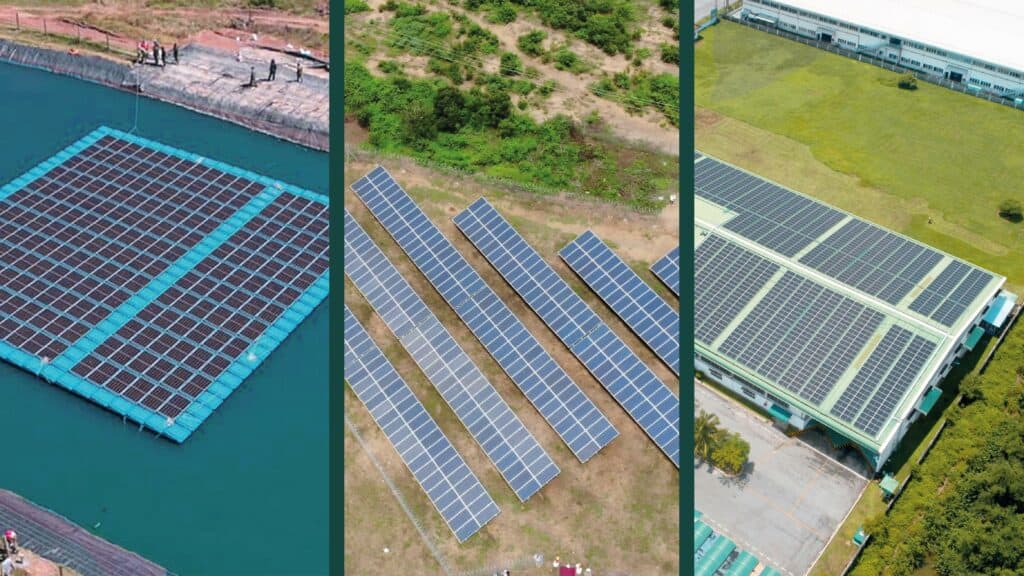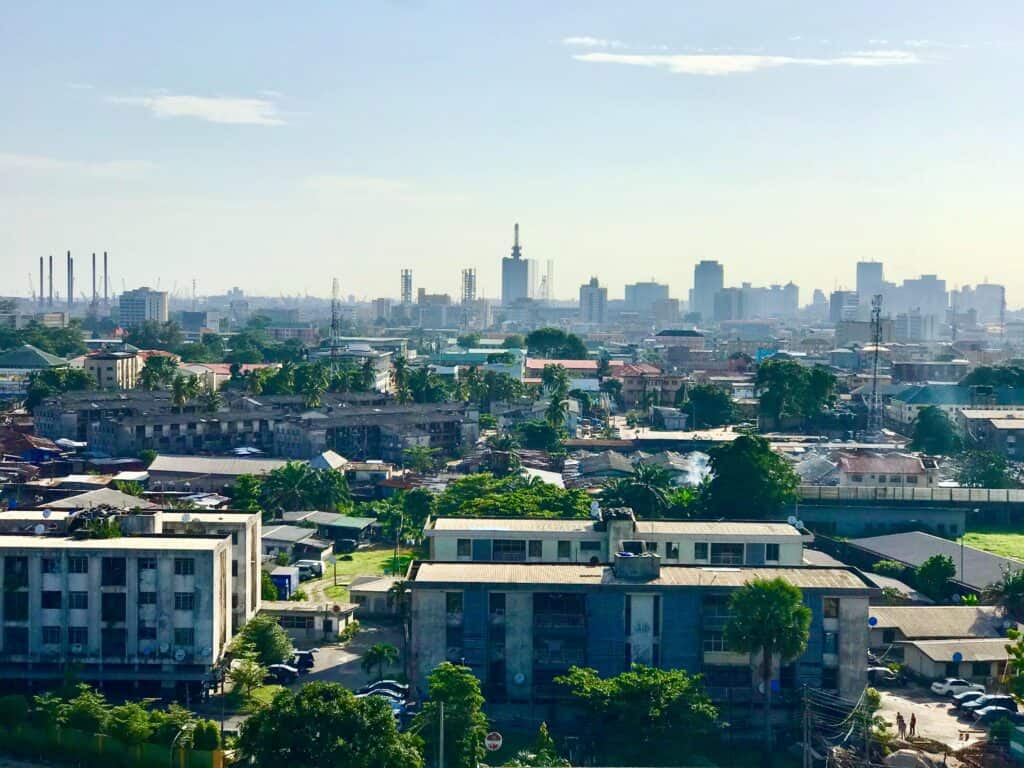Simbi Roses: a business that takes social responsibility beyond the farm
The Kenyan flower farm Simbi Roses attributes its success to the hard work and support of its workers, but the company’s focus goes beyond economic growth. A deep sense of social responsibility is central to business at Simbi Roses, demonstrated by their motto, “Our farm. Our community.”
What does this look like? Worker-led committees promote continuous improvements in education, housing, health, human rights and general well-being in the communities local to the farm. These democratically-formed committees include Gender, Health and Safety, Fairtrade and Well-Being. The central goal is to improve living standards both inside and outside of the premises; who better to take charge of this than the employees themselves?
Any of the farm’s 540 employees can put themselves forward for a committee position. The agency they have in that position is the central benefit, but committee members are also trained in skills like project selection, planning, financing and implementation. Some management also join the committees, supporting this learning process.

Education
Education is central to personal and societal growth, so it’s no surprise that this is a key concern of Simbi Roses. The company addresses the practical obstacles to learning, such as finance, facilities and health, but the finer points of improving education are also recognised. After landscaping at local Muthuri school, George Simiyu (Quality Assurance Manager at Simbi Roses), who oversaw the project, attests to the impact this has made: “You really feel the difference the trees have made. Before, the compound was bare; now there is shade, it is cooler. It feels much nicer to be there.”
At Muthuri and nearby Gatunyu primary school, Simbi has built classrooms and other school buildings, provided tools and machines and installed rainwater collection systems.
At Gatunyu, Simbi has facilitated a class for children who require more individualised education. Complete renovation at Muthuri included the removal and prevention of ‘Jiggers’, an insect that spreads a painful disease that affects 4% of Kenya’s population.
For continued education, bursaries are available to employees, members of their families and other members of the local communities who show particular talent in any area.
Community
A central focus of the Well-Being committee is on campaigns to improve welfare in the local community. These campaigns include fighting against gender-based and domestic violence, child and forced labour and drug abuse. The committee utilises relationships with local leaders to take a public stand against these issues as well as funds and organises measures to solve the problems involved.
Health
Another initiative in Gatunyu has focused on solving challenges for Gatunyu Dispensary, a health centre and pharmacy where many of Simbi’s workers are treated. Simbi Roses built a new lab, provided a back-up to keep vaccines and samples cool during power cuts, and provided a TV and DVD player for training.

Back at the farm, access to good healthcare is standard for employees. In addition to an on-site clinic that is always staffed, Simbi Roses hosts a yearly ‘Medical Camp’, where medical professionals are invited to the farm to provide check-ups. Employees participate on a voluntary basis.
Housing
A project called ‘Home Improvement’ provides elements for enhancing employee’s homes. This includes structural materials, solar lamps and high-efficiency charcoal. Employees can also make use of a ‘soft loan‘ of up to 20,000 KSH provided by Simbi Roses, meaning they can access finance without being exposed to the high interest rates of the local banks.

Environment
In addition to its social projects, Simbi Roses also strives to work in harmony with the environment. The farm has implemented 40% hydroponics into their farming mix in order to reduce fertiliser use and minimise soil pollution. Where pesticides are needed, biopesticides are used if possible. Almost 100% of the water used comes from collected rainwater.
Green waste is collected and used to create biogas in the farm’s own biogas digester, which provides up to 10% of the farm’s electricity. The farm is beginning a transition to solar energy, which is being financed by private investors on the ecoligo.investments crowdinvestment platform. Click here to find out more about the project and invest from 100€.

By enabling businesses to access affordable solar energy, ecoligo’s aim is to help them reach their full potential, without being hindered by high power costs. With a strong track record for community and employee involvement, which has also led to many awards and certifications, it’s clear that Simbi Roses reaching its full potential will have a lasting positive impact far beyond life on the farm itself.
A 150 kWp solar project for Simbi Roses flower farm in Thika, Kenya is currently being financed on our website. Find out more about the project here.
Related Posts
The Future of Tourism is Green: How Your Investment in Condovac Makes the Vision of a Sustainable Hotel Facility a Reality
Costa Rica – A pioneer in sustainable tourism The philosophy of Costa Rica – PURA VIDA – the pure life presupposes an…


